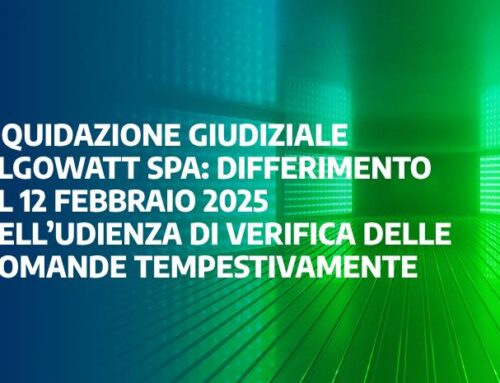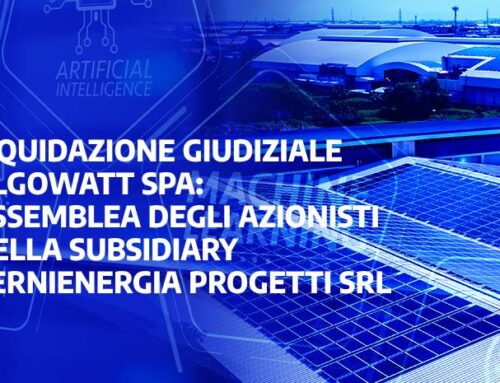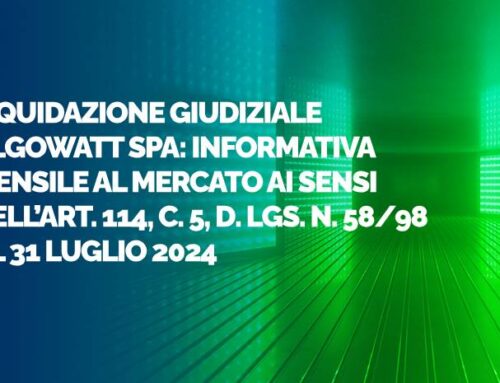• Total revenues expected to total 4.1 million euros for the delivery up to 15.00 tons/year in Nera Montoro (TR) plant
• Confirmed the investment for the construction of the second treatment plant in northern Italy PFU
TerniEnergia SpA, a company active in the fields of renewable energy, energy efficiency and waste management, which is listed on the Star segment of Borsa Italiana, won the national tender organized by Ecopneus scpa, the no-profit company for the tracking, collection, treatment and final destination of End of Life Tires (ELT) created by the major tire manufacturers operating in Italy, for ” granulation/crushing activities of ELTs (ERC 160 103) for the period 2015-2017”.
“This is an important recognition of the Company’s leadership in the field of environmental business and economic activity in the field of the recovery and recycling of materials – said Stefano Neri, Chairman and Chief Executive Officer of TerniEnergia –. It is even more remarkable that this acknowledgement comes from Ecopneus, a positive example of how is possibile to integrate the requirements of environmental protection and sustainability with the creation of economic value and employment. TerniEnergia confirms its intention to continue the process of strengthening the scope of the environmental assets, completing a new plant for the treatment and recovery of “secondary raw material” of end life tires (ELT) in Northern Italy. The implementation of the second plant will allow us to double the treatment capacity and to achieve a market share of approximately 20% of the national market“.
TerniEnergia can receive in Nera Montoro (TR) plant up to a total of 15,000 tons of PFU delivered only by Ecopneus for a three-year aggregate revenues of Euro 4.1 million. The Nera Montoro PFU treatment plant has a capacity of about 20,000 tons/year and receives materials for crushing and recovery of secondary raw materials (granulate and crumb rubber and wire steel) by other consortia collectors and private operators .
In 2013, Ecopneus avoided emissions by 347 million metric tons of CO2 equivalent through the use of recycled rubber in place of virgin rubber, 3.2 billion kWh of energy saved; 1.3 million m3 of water consumed in the production cycle of virgin rubber, steel and other components of the tire.






